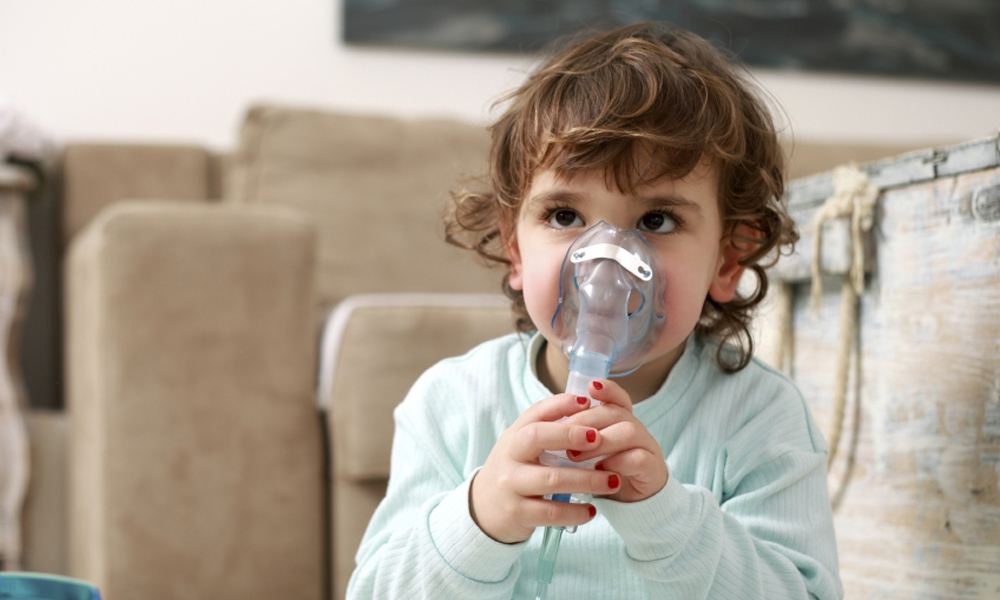CPAP refers to continuous positive airway pressure (CPAP) therapy which is used to cure sleep apnea. CPAP is a small machine that provides constant and steady air pressure, a hose, mask and a nose piece.
Some of the common problems can be leaky mask, unable to fall asleep, dry mouth or nose. In case one mask fails to do its job then you have other options. Most of CPAP masks are adjustable in such a way that they can be more comfortable to you.
Common Problems in CPAP Masks:
- Wrong style or size of your CPAP mask: Consult with your doctor and CPAP supplier to ensure that you have a perfect CPAP mask which suits your needs and fits you.
The needs of every patient are different and hence the size and style of CPAP masks vary from person to person.
CPAP masks are available in various styles:
Some of these are full face masks. Most of these cover your mouth and nose, along with straps across forehead and cheeks. These provide a stable fit in case you have the habit of moving around in the sleep.
Other CPAP masks have nasal pillows which directly fit under our nose and straps cover the face. This feels less cumbersome. These nasal pillows work well if one wears glasses or reads while wearing the masks.
These are not useful for those who move around a lot in their sleep. Size matters a lot. Different masks have different sizes and hence these come with an adjustable size. Consult with your doctor or mask supplier to know how these masks can be adjusted. Also read the manufacturer instructions completely.
- Finding difficulty in wearing the masks: Practice only makes man perfect in every work. So, during initial stages you may face difficulties however with constant practice you will learn to wear it.
Practice wearing them while you are awake for instance while watching TV and then slowly try to wear it with air pressure on during the daytime. Once you are habituated to it then make a habit of using the same mask while you go for sleep – at night and during naps.
Wearing the cap in an inconsistent manner can delay getting used to it. Use one mask consistently to find whether the pressure settings suit you or not.
- Dry Nose: There are many CPAP devices that have a heated humidifier which is attached to the air pressure machine. Humidification level can be easily adjusted. Make use of saline nasal spray at bedtime.
Doctors may suggest you to use nasal steroid spray in case dryness is not cured with the heated humidity. Leaky mask can make your nose dry so make sure to have a perfect mask.
- Unable to tolerate forced air: These problems occur in initial stages till the time you are accustomed to the mask. This helps you to begin with low air pressure and then gradually increasing the pressure to the prescribed setting as and when you fall asleep.
You can also discuss with your doctor in case this device is not suitable to you.
Quality masks tend to have few problems however if you still are facing them, do contact with your doctor or mask supplier. Among several CPAP masks suppliers in Australia, CPAP4U is one of the reliable suppliers.
Get in touch with them to discuss your needs.

